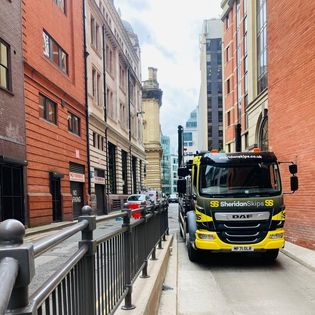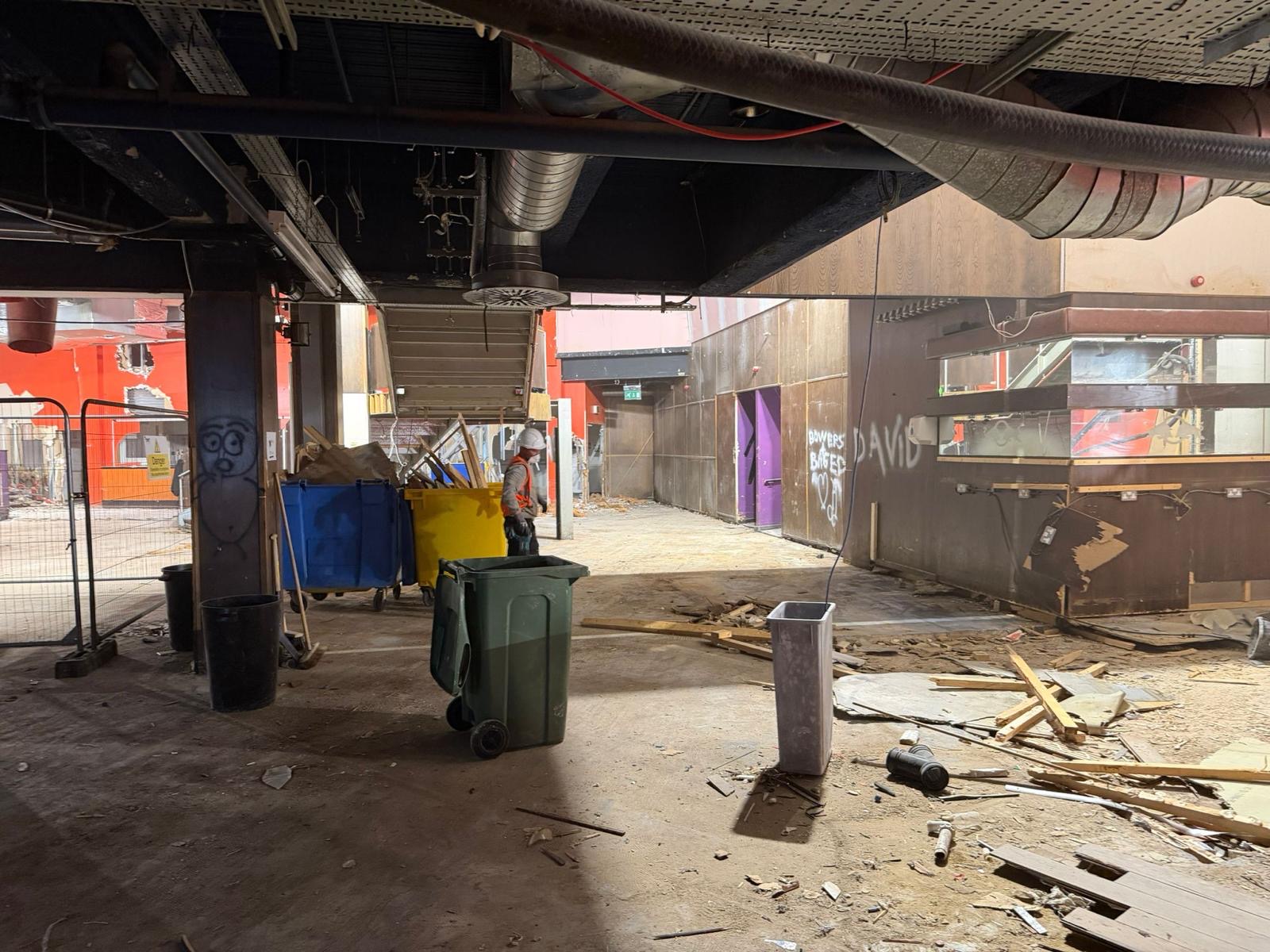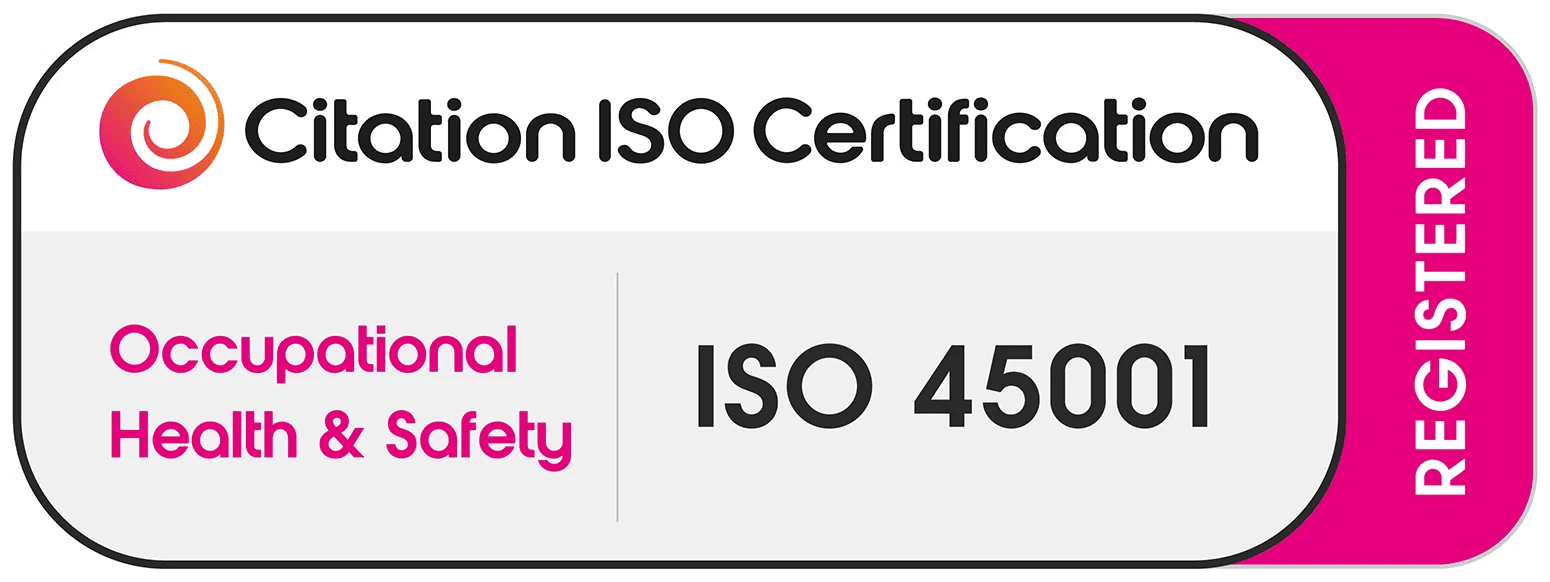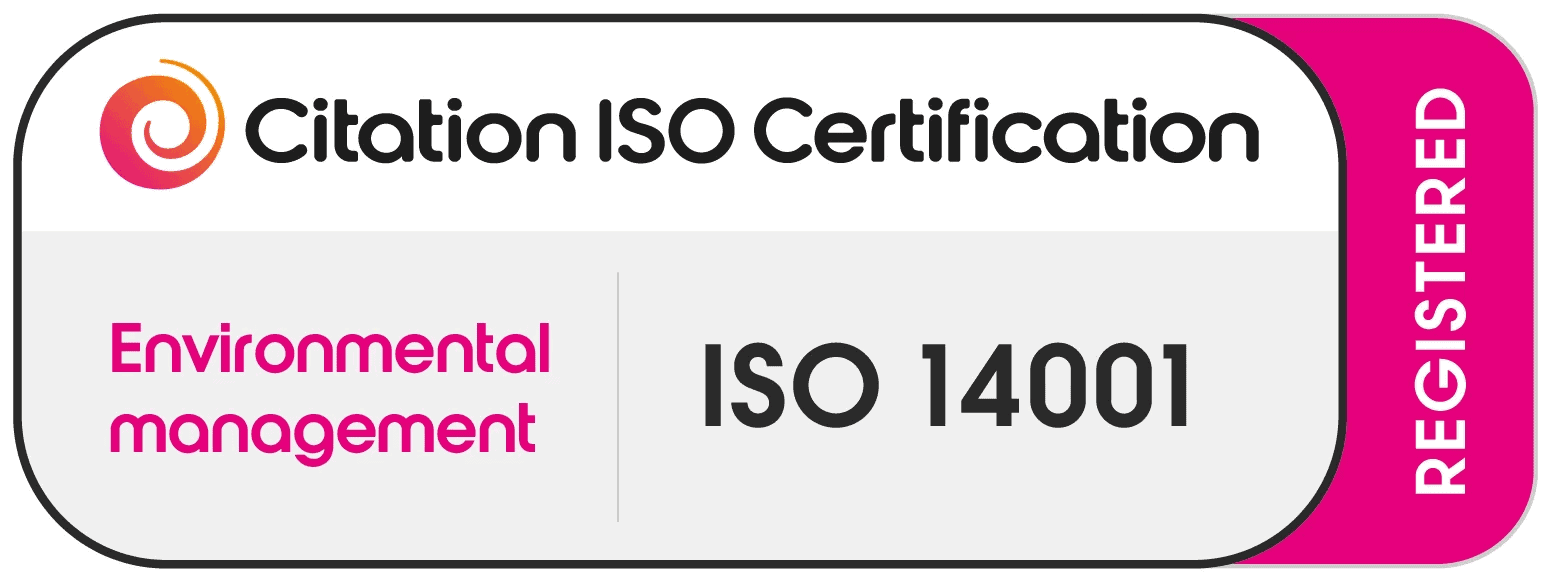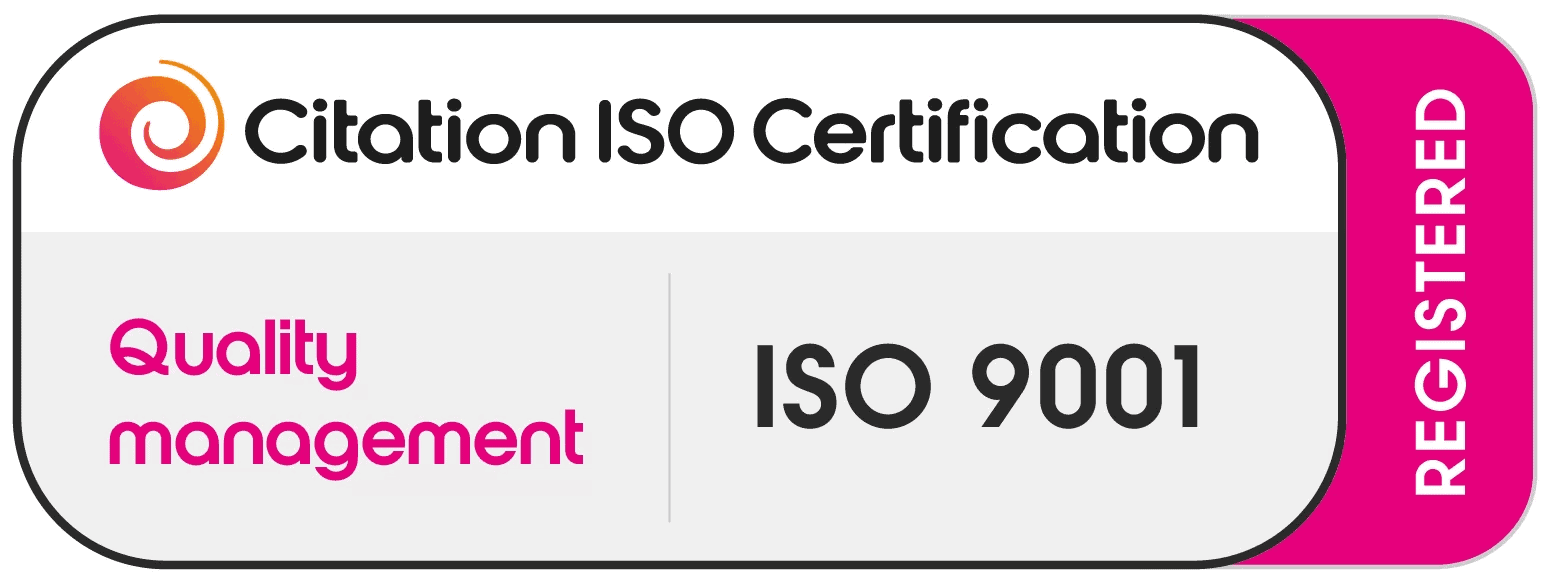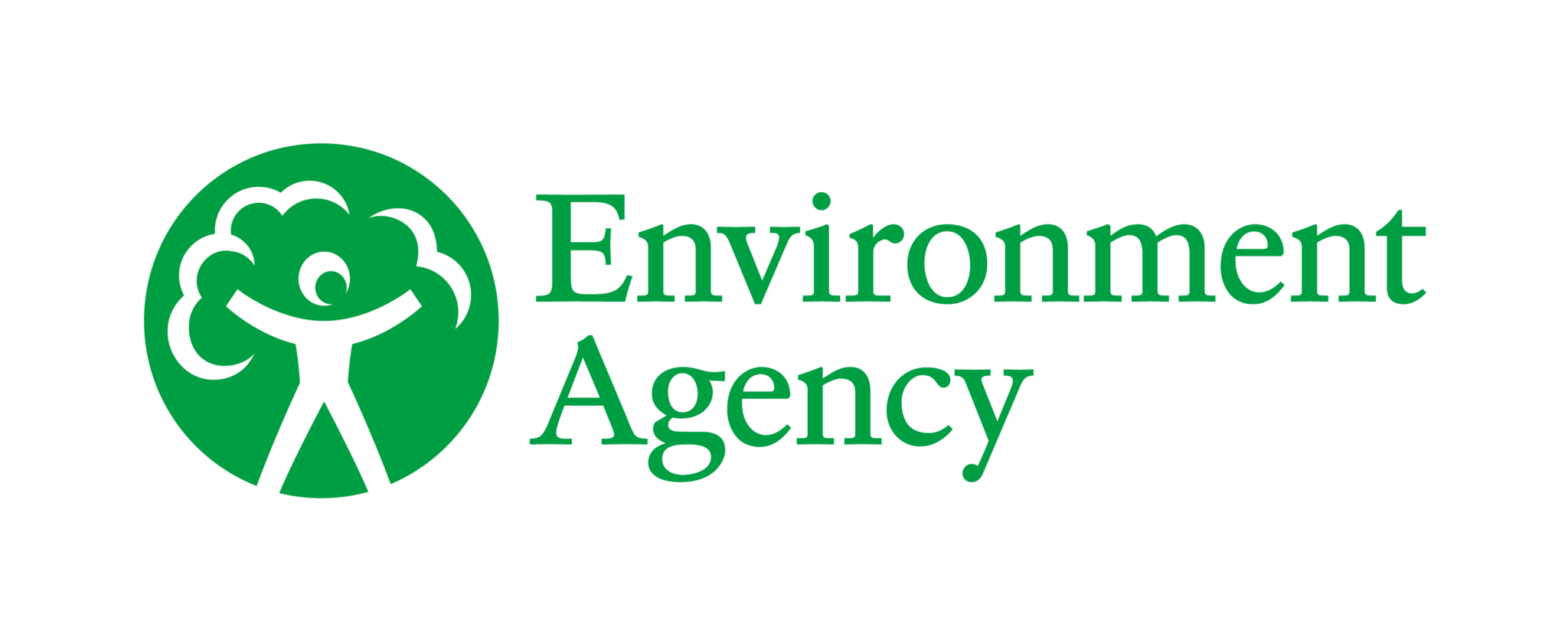How Does Recycling Help the Environment?
In 2018, the UK generated 222.2 million tonnes of total waste, with England responsible for a huge 84% of that total. It is also estimated that the UK produced 43.9 million tonnes of commercial and industrial waste that same year. Each year, the average person in the United Kingdom discards roughly 400kg of rubbish.
Recycling plays the most crucial part in waste prevention and re-using any potential waste. However, landfill still remains the most common location for waste in the UK. In fact, research has found that whereas 12 million tonnes of the UK’s 26 million tonnes of garbage are recycled, the other 14 million tonnes are disposed of in landfills, showing landfills as the destination that sees the most amount of waste in the UK.
The recycling rate for household waste in the UK in 2019 was 46.2%, an increase from the previous year. Recycling should be encouraged and any form of waste that is certified as recyclable should be recycled under all circumstances. At Sheridan Skips, we ensure that all of the waste that we move is sorted and distributed via the correct channel – it’s important to us that our role in waste management puts both the customer and the environment at the forefront.
There are several reasons why recycling is so important and essential to saving our planet, from preventing pollution and reducing greenhouse gas emissions to reducing the amount of waste that ends up in landfill sites.
The Importance of Recycling: What Can Recycling Waste Achieve for Our Environment?
It has been discovered that approximately up to 75% of all the waste can be recycled or repurposed whether it be plastic, paper, glass bottles, aluminium cans or cardboard. Most materials have a high recycling value, thus products and materials that may be utilised after their intended purpose are far from useless.
There are many economic benefits of recycling and multiple ways in which recycling is important. But ultimately, the main benefit of recycling is that it is essential to protecting our planet and the future of the environment.
One of the biggest factors that makes recycling important is that it preserves the earth’s natural resources. Recycling products we no longer need rather than using more raw materials to create new items helps to conserve the Earth’s natural resources, which are finite, and so will not last forever if they are constantly being wasted! Some of the planet’s natural resources are already in quite short supply so recycling is highly advised.
As a result of the hunt for inexpensive wood, forest populations may be evicted, and rivers may be harmed or contaminated by manufacturing waste. It is far preferable to recycle old items and maximise the lifespan of recyclable materials than to harm another person or animal’s land or ecosystems.
Recycling also reduces the amount of waste in landfills. Since waste decomposes in landfills, releasing pollutants into the groundwater and soil, as well as greenhouse gases like methane, landfills themselves play a huge part in contributing to global warming. Moreover, when items and objects that can be recycled are thrown away, the valuable raw materials and energy that went into their creation are wasted. Thus, minimising the amount of waste in landfills will have a positive impact on climate change.
Recycling has a positive impact on energy consumption, as recycling materials saves energy – it uses lower amounts of energy compared to mining, extracting and transporting new raw materials to create and produce new items and goods. For example, paper made from recycled paper requires 40% less energy use than paper made from raw wood fibres.
Another of recycling’s environmental benefits is that it better protects wildlife and nature and causes less damage to the environment than other means of handling waste and developing new items, such as extracting raw materials. Extracting raw materials causes harm to the environment, wildlife and ecosystems. Take paper as an example – to acquire wood, trees must be chopped down, and plenty of wildlife live within trees or rely on them for shelter. Cutting down trees, logging, mining, quarrying and other material extracting methods can hugely affect wildlife and natural habitats, and it can even cause air pollution and water pollution.
Another way in which recycling plays an important role in helping the environment is that it reduces carbon emissions and the release of greenhouse gasses, by reducing the amount of energy required to source and process fresh raw materials, as well as keeping rubbish that may release methane and toxic chemicals out of landfills.
Recycling plastics is one of the most crucial aspects of recycling as plastic is a material that takes several years to decompose and, as a result, plastic waste releases toxic substances. The buildup of plastic items and particles is known as plastic pollution. In total, 7.4 cubic yards of landfill space is saved for every tonne of recycled plastic. Recycling also reduces the act of producing fossil fuels. Other methods of handling waste and items we no longer need cause environmental damage and could potentially have negative impacts on public health, due to the carbon dioxide in the air.
How to Recycle Effectively
Recycling is a hugely critical component of natural resource conservation and contributes significantly to environmental preservation and improvement – hence why it is increasingly a global topic of interest. Here’s our guide on how to recycle and make the most of your recycling efforts through an effective recycling program.
The main thing to remember with recycling is to ensure you put the correct recyclables and items in the recycling bin and put all non-recyclables in the general waste or rubbish bins. Recycling as much as you can is fantastic – but putting non-recyclables and waste in the recycling bin is not ideal, as it means more work and separation is required for the workers handling recycling at recycling sites and drop-off centres.
The main items and resources you should recycle include plastic, paper, metals, glass, electronics and batteries: these are the priority. If you’re hiring a skip, for example, and are unsure about how to sort what is to be recycled and what is not, do not hesitate to contact the team at Sheridan Skips and we will be happy to help.
Paper items account for the largest source of all waste items. Ensuring you recycle all newspapers, letters, cards, cardboard, magazines, post and all other paper items will help lower the current rate of paper waste. Before recycling, food residue should be removed from all paper.
When recycling metals, cleaning leftover foods or liquids from tins and cans is required since it may contaminate other recyclables. Labels on metals such as aluminium can be left since machines will remove them.
Empty and rinse all glass jars and bottles since any remaining liquid or residue might contaminate other materials, preventing them from being recycled. Metal lids and caps can be re-applied because they will be recycled. However, it is worth noting that recycling companies don’t accept broken glass for safety reasons.
When recycling plastic bottles, rinse them, squash and replace the lid to leave more space in the bin and avoid contamination. You can leave labels on too.
Check your local council’s website for guidance and information on what you can and can’t recycle if you’re not sure what you can. If you cannot fit any more in your recycling bin, try creating space by crushing or flattening items, create a separate bin with a bin bag or container, hold onto your recycling, or take it to a local recycling centre – you can find large recycling bins outside of supermarkets and other public places.
Another way you can recycle is through the recycling of organic wastes. Giving agricultural and food waste to cattle and other animals as food is one of the most prevalent and efficient techniques of recycling organic waste. Organic waste may be fed to animals as a simple and quick way to recycle waste. Examples of organic waste include wood waste, green waste, food waste, non-hazardous wood waste, and food-soiled paper.
How Sheridan Skips Implement Strict Recycling Protocols
At Sheridan Skips, we execute strict recycling protocols and do not dispose of any waste collected in our Manchester-based skips without sorting through them first to ensure recyclables and non-recyclables are disposed of properly and adequately. Recycling is a top priority of ours – we take all recycling seriously, which allows our customers to rest easy knowing that we are a quality business with professional standards and care for the environment.
We provide recycling solutions to virtually anyone and even provide the most environmentally friendly and quality skip hire that Manchester has to offer. Have peace of mind in knowing that, in the hands of our licensed waste management and removal professionals, your waste will always be disposed of in a manner that helps to protect the environment and promote a greener future for our planet.
As much as we put all of our hard work and effort into satisfying the needs and demands of our customers, we believe that our quality work and services respect and benefit the recycling industry and our environment.
by JadeSheridan2021 31/01/2022